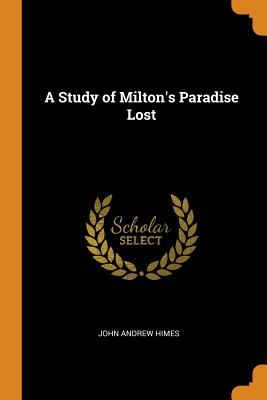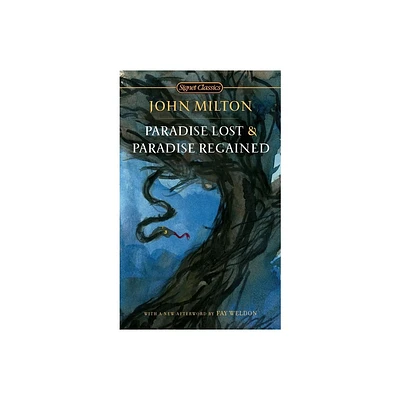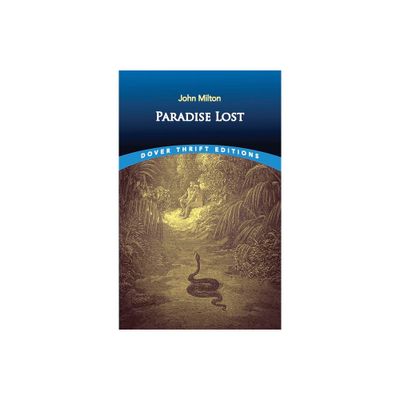Home
Perversions, Originals, and Redemptions in Paradise Lost: The Typological Scheme and Sign Theory that Unify Milton's Epic
Loading Inventory...
Barnes and Noble
Perversions, Originals, and Redemptions in Paradise Lost: The Typological Scheme and Sign Theory that Unify Milton's Epic
Current price: $54.99


Barnes and Noble
Perversions, Originals, and Redemptions in Paradise Lost: The Typological Scheme and Sign Theory that Unify Milton's Epic
Current price: $54.99
Loading Inventory...
Size: OS
*Product Information may vary - to confirm product availability, pricing, and additional information please contact Barnes and Noble
In his epic Paradise Lost, John Milton employs, extends, and deepens the typological scheme that he believed to be embodied in, and known by, a close comparison of the scriptures of the Old and New Testaments. Using biblical typology as a point of departure, whereby the Hebraic scriptures are interpreted as prefigurations of the Christian New Testament, Milton developed a 'sign theory,' or semiotics, of his own. Like Saint Augustine, the first great and foremost framer of sign theory and Christian typology in the West, Milton believed that knowledge of typology and sign theory was crucial to understanding God's existence, power, and purpose in creation. Milton's achievement was to dramatize this sign theory in his poetry, especially Paradise Lost. Professor Thomas Ramey Watson's analysis of Milton's sign theory begins with the context and framework of Augustinian sign theory and Milton's adaptation thereof. Professor Watson then explores the essential conflicts between St. Augustine's 'City of God' and 'City of Man' to contrast the godhead in Paradise Lost with the satanic underworld. Emphasizing Adam's dream-vision in Books 11 and 12, and the instruction he receives from the Archangel Michael in reading signs correctly, Professor Watson explores indepth the trajectory of Adam and Eve's downfall and subsequent resignation and regeneration.








![The Life of Milton. to Which Are Added Conjectures on the Origin of Paradise Lost: With an Appendix. by W. Hailey [sic]](https://cdn.mall.adeptmind.ai/https%3A%2F%2Fimages.booksense.com%2Fimages%2F668%2F918%2F9780343918668.jpg_medium.jpg)









